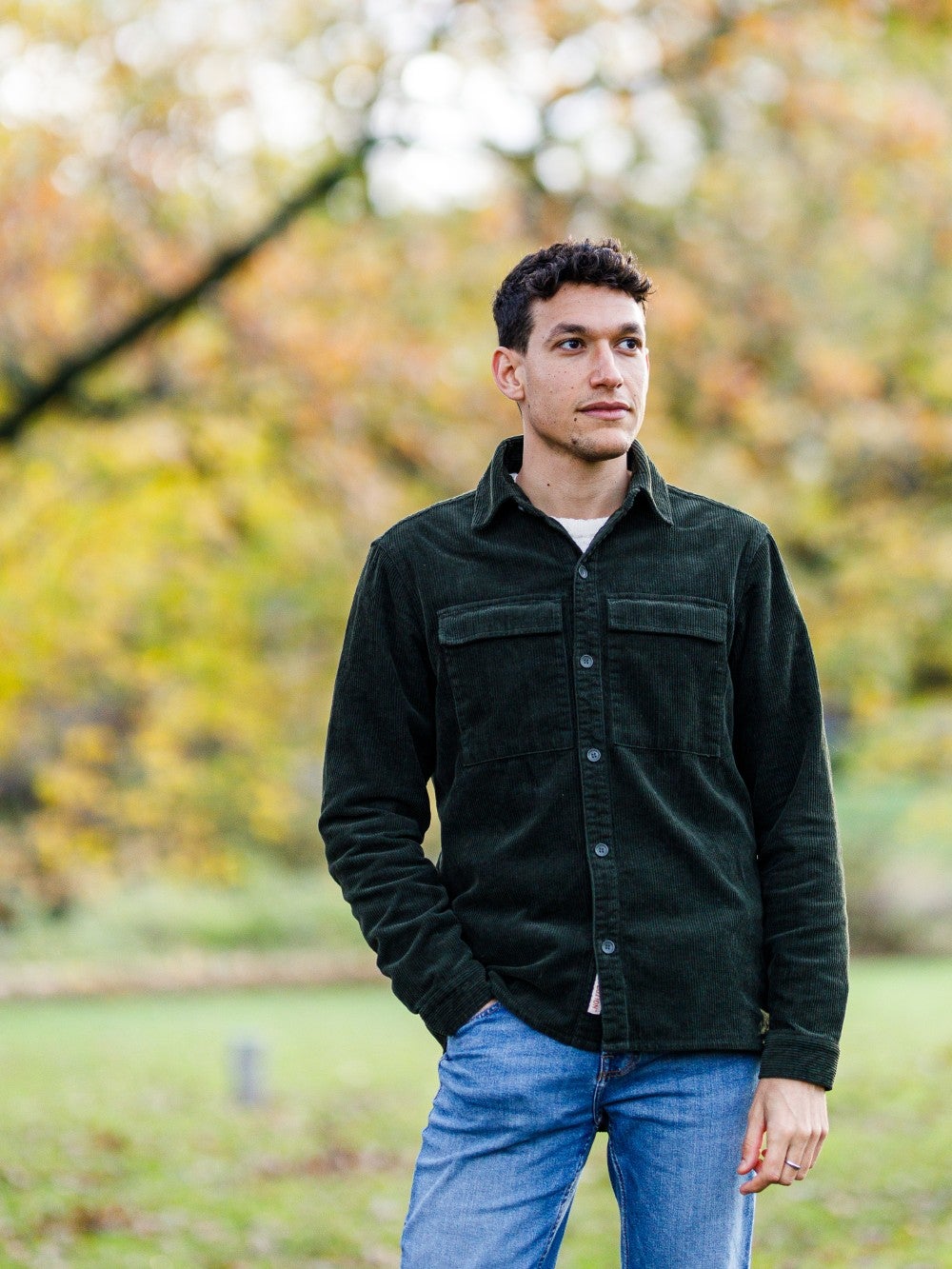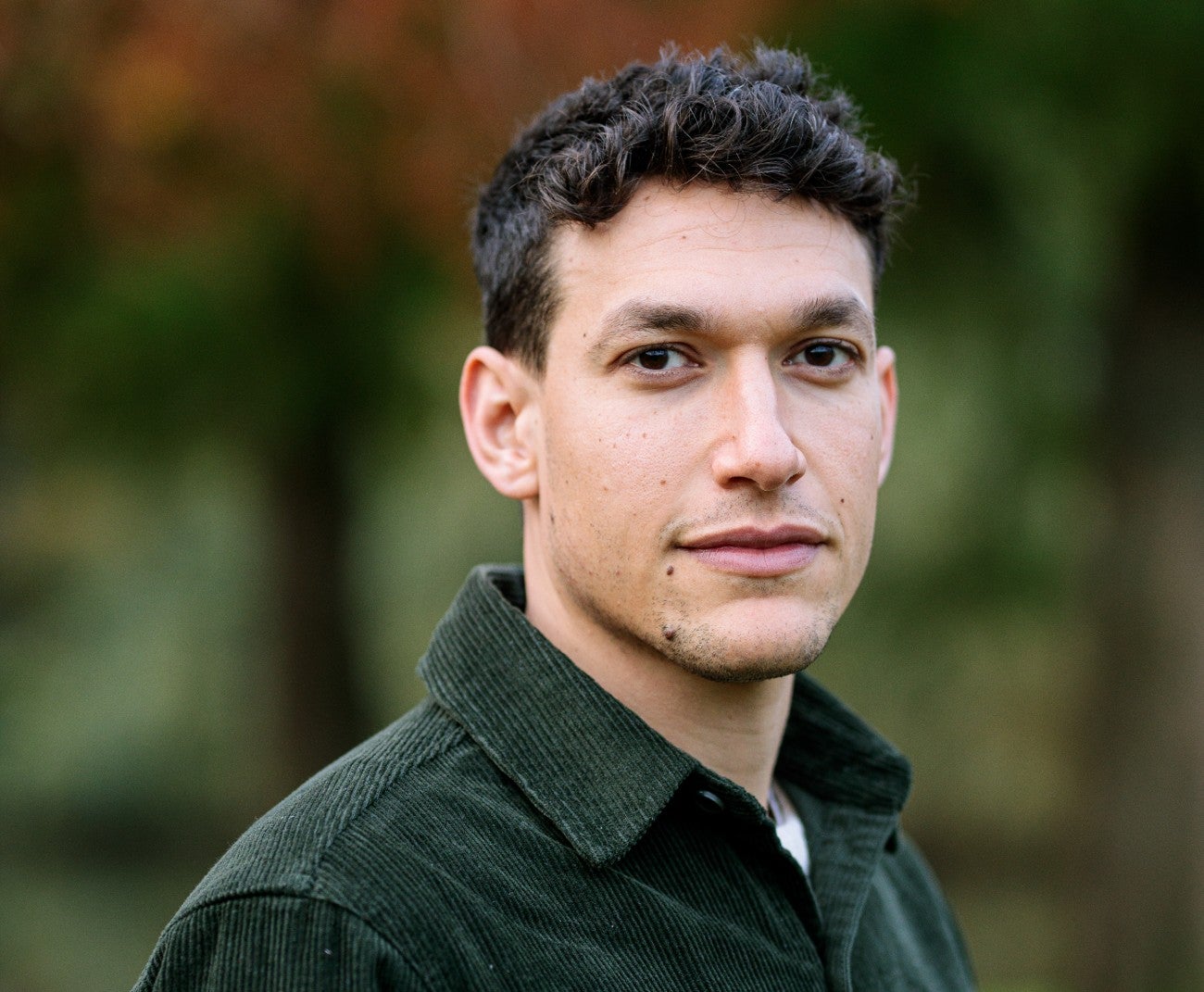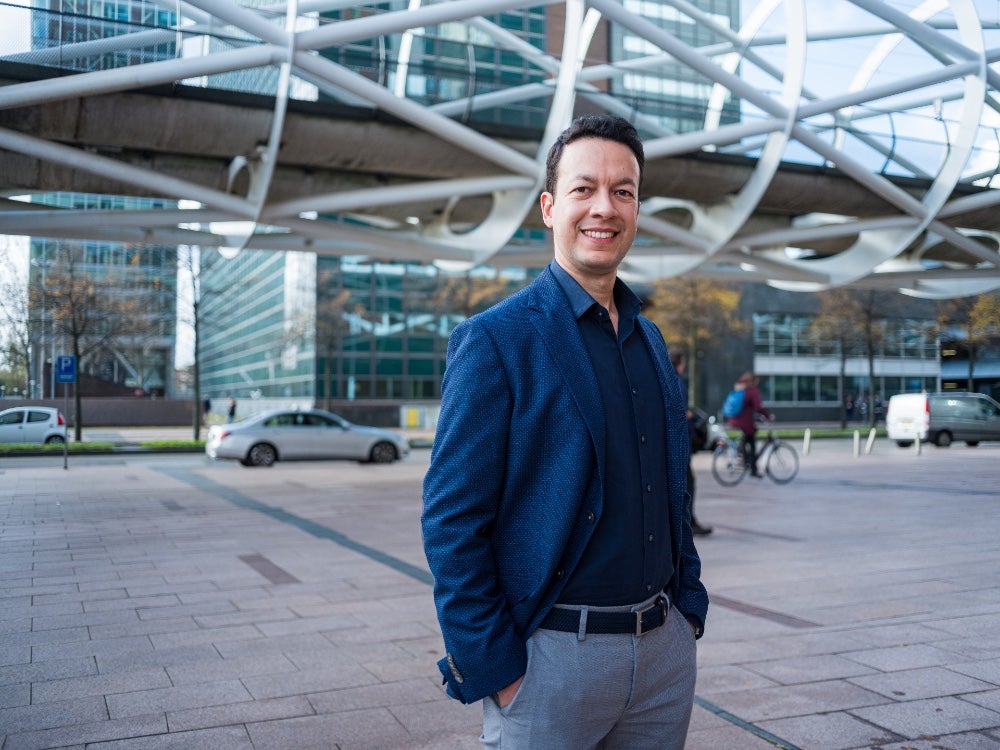Oil companies compensating for their emissions? „Nonsense!", says Mathieu Blondeel, a lecturer in energy and climate at VU Amsterdam. „It's as if they're buying their souls a ticket to climate heaven."
When did you realise there was a catch with the voluntary CO2 emission compensation by oil companies?
„I noticed companies like Shell or BP claiming they would become climate-neutral by 2050. But what does climate neutrality mean to them, I wondered. The so-called compensatory projects they promote? Complete nonsense. The issues with CO2 compensation were already known, but I specifically researched the fossil fuel industry's compensation."
Why do you think these compensation projects are nonsense?
„Bringing CO2 emissions to zero is very difficult. Research aimed at storing existing CO2 underground is still in its infancy. It turns out that only a quarter of projects by companies like Shell or BP actually remove CO2 from the atmosphere. The rest are focused on avoiding emissions. This way, they can claim they're going green while continuing their business model."
„This way, they can claim they're going green while continuing their business model."
How exactly does avoiding CO2 work?
„You might have seen offers to offset CO2 emissions from a flight by planting trees. Oil companies do this too, but they call it compensation if they simply don't cut down a forest. Shell refers to this as 'avoided deforestation', meaning: we don't cut down a forest, so we've saved CO2."
„Theoretically, there would have been 'X' amount of emissions, but by avoiding them, we're better for the climate. In reality, there's no actual climate impact. For example, installing a hydroelectric power plant. Imagine if we had built a coal plant instead, the CO2 emissions would have been much higher. But who's to say that would have happened and emissions would have been higher?"
„Another project they propose is replanting forests, especially in developing countries. But what do local farmers say? 'Are you going to take our farmland to build forests, so you can claim you're doing CO2 compensation in some developing country?' And even if those forests are planted, how long will they last? You can't buy land forever."
In your paper Do all roads lead to Paris?, you discuss credits that can be purchased by companies. How does that work?
„Our research isn't about the mandatory emission rights that companies in certain sectors in the EU must buy under the European emissions trading systems. It focuses on the voluntary market for CO2 compensation credits. Companies want to contribute voluntarily. They do this by buying so-called credits from organisations. These organisations keep a ledger and sell credits for forests that aren't cut down, or credits for replanted forests."

„This voluntary system is gaining popularity. It's currently worth two billion US dollars. Analysts expect it to grow a hundredfold by 2030. It's essentially like saying: look, we're buying our way into climate heaven. We'll solve it ourselves without government interference. But in fact, nothing happens."
In your paper, you mention that only credits from projects after 2016 are allowed in the trading system. Why is that?
„The older a project, the harder it is to determine its quality. We don't know exactly how much CO2 has been removed or avoided. Imagine buying a credit today from a 20-year-old project that avoided CO2; what are we talking about? It's too abstract and meaningless."
„Governments can no longer wash their hands of this problem and leave it to companies and organisations."
Where do you think the responsibility lies now?
„Self-regulation isn't helping. Governments can no longer wash their hands of this problem and leave it to companies and organisations. There need to be stricter rules for companies, so they can't just claim they offer climate-neutral fuel for the aviation industry or cars. Such claims shouldn't be made lightly."
Regarding the Climate Expertise Centre recently launched at VU, what's your view?
„Essential. We are a public university and we have a duty to actively share our knowledge with society, not just with our students or colleagues, but especially with the wider community. In the centre, you can easily see who within our university is directly or indirectly engaged with the climate crisis. The climate crisis is so urgent. It's up to us to not only analyse the mistakes but especially to seek solutions from our expertise. This is the only way we can collectively face the climate problem."








